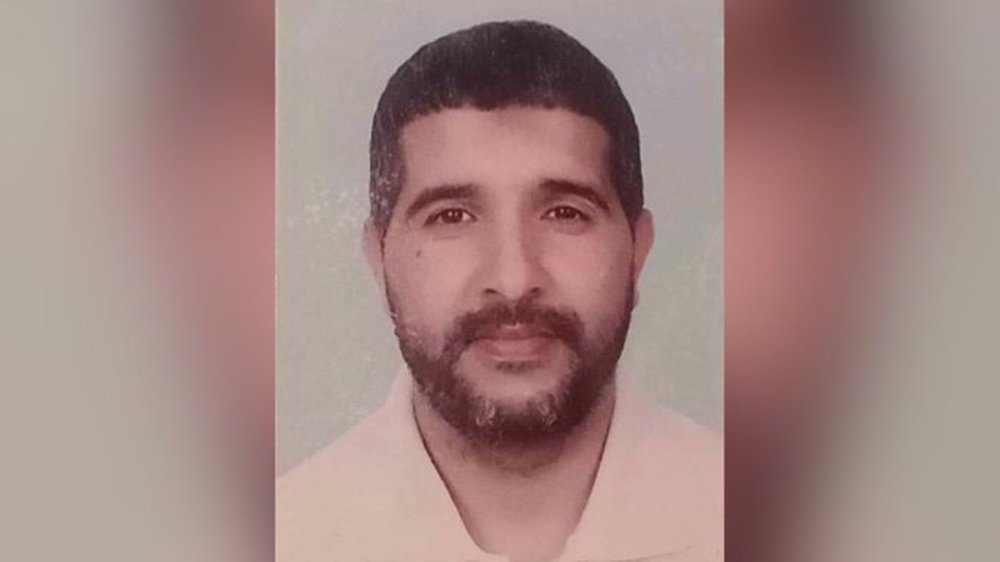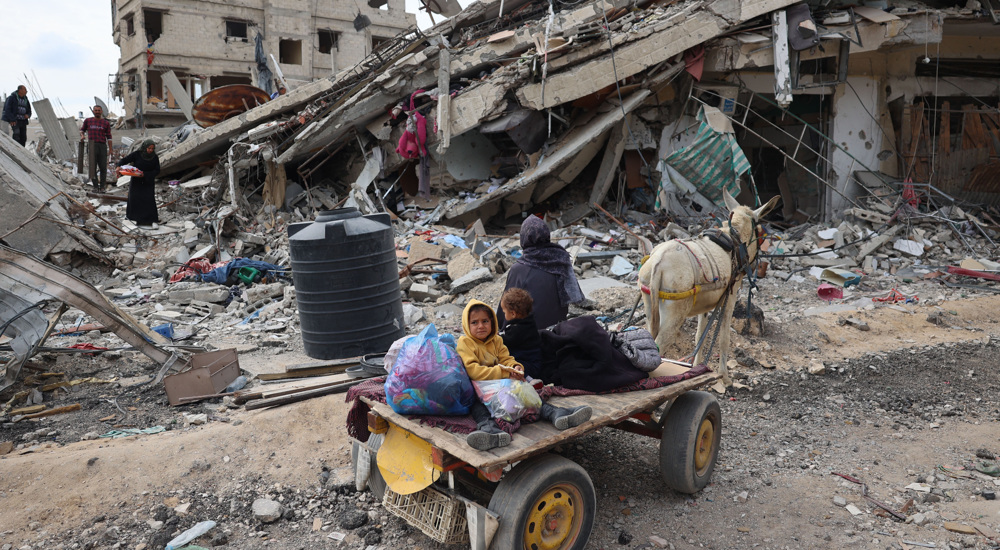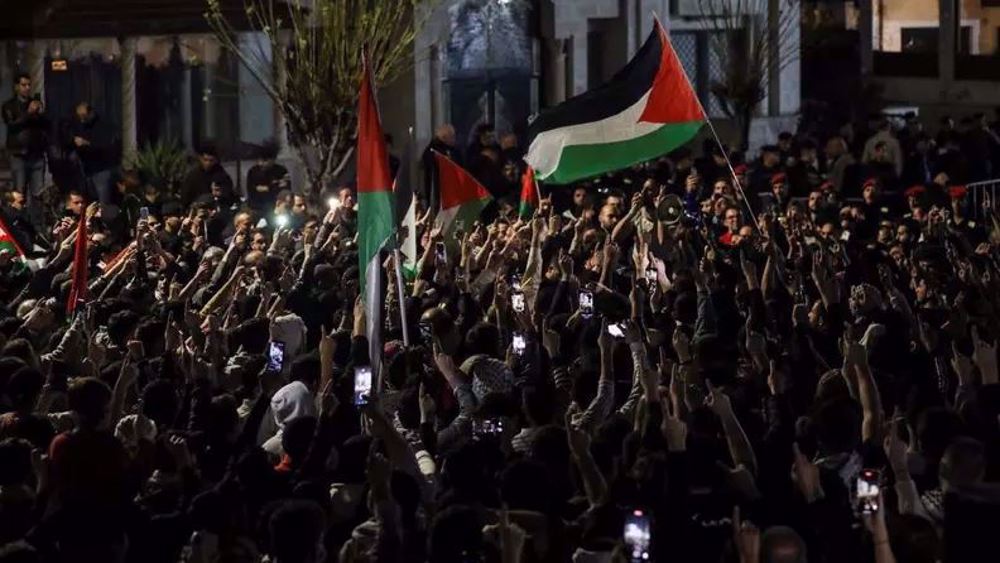160+ world countries approve UN pact on migration
The first United Nations (UN) global pact on migration has been formally adopted during an intergovernmental conference in the Moroccan city of Marrakesh, despite a series of withdrawals from the procedure leading to the pact driven by anti-immigrant populism.
More than 160 countries agreed on the non-binding Global Compact for Safe, Orderly and Regular Migration — the first global document on managing migration — on Monday at the start of the two-day conference.
The document outlines 23 objectives to open up legal migration and discourage illegal border crossings, as the number of people on the move globally has increased to over 250 million.
The United States and at least 16 other nations have either withdrawn from the negotiations that had been ongoing over the pact for some time or expressed concerns about it, with some claiming that the agreement violated national sovereignty.
UN Secretary-General Antonio Guterres on Monday described it as a “road map to prevent suffering and chaos,” refuting claims that the pact would allow the UN to impose migration policies on member states.
The pact “is not legally binding,” Guterres emphasized, adding, “It is a framework for international cooperation.”
“We must not succumb to fear and false narratives,” he added.
On Friday, the US criticized the pact as “an effort by the United Nations to advance global governance at the expense of the sovereign right of states.”

German Chancellor Angela Merkel, Panama’s President Juan Carlos Varela, Greek Prime Minister Alexis Tsipras, Danish Prime Minister Lars Lokke Rasmussen, and Spain’s Prime Minister Pedro Sanchez were among the leaders who attended the Marrakech conference.
Merkel defends multilateralism
Merkel defended the accord and multilateralism, stressing that it sought to block, rather than encourage, illegal migration.
“This is about safe, orderly and regular migration — it says (this) clearly in the title,” she said.
The US was the first country to quit the talks late last year, while Australia, Austria, the Czech Republic, the Dominican Republic, Hungary, Latvia, Poland, and Slovakia all withdrew from the process in recent months and weeks. And Chile pulled out overnight.
Right-wing and populist leaders in the US, some European countries, and beyond have taken increasingly draconian measures to stop the flow of migrants in recent years.
The UN children’s agency, UNICEF, welcomed the pact, saying it could help provide better access to education and health for migrant children and offer “them stronger protection from exploitation and violence.”
Other organizations, including Amnesty International and the International Federation of the Red Cross (IFRC), see the agreement as just a first step, and have called for further steps toward protecting migrants.
“We have heard repeatedly that this compact is not legally binding and does not impact on state sovereignty,” IFRC President Francesco Rocca said at a news conference on the sidelines of the main dialog. “But if we are serious about fixing this problem, it should at the very least be ethically binding.”
The UN General Assembly is slated to adopt a resolution formally endorsing the pact on December 19.
US vetoes Palestinian request for full UN membership
Iran sufficed to striking part of Israel’s military positions: FM to UN chief
IRGC: Israel’s Dimnoa nuclear reactor not among Op. True Promise’s targets
VIDEO | West Asia awakens
'Stop any further Israeli adventurism,' Iran FM tells Security Council
Google fires 28 employees for protesting military deal with Israel
Burkina Faso expels three French diplomats over ‘subversive activities’
Iran slams G7 statement, vows no iota of doubt to respond to aggression










 This makes it easy to access the Press TV website
This makes it easy to access the Press TV website